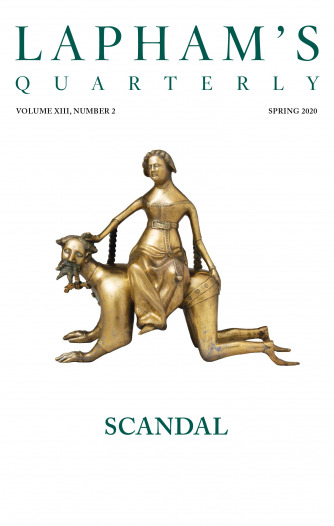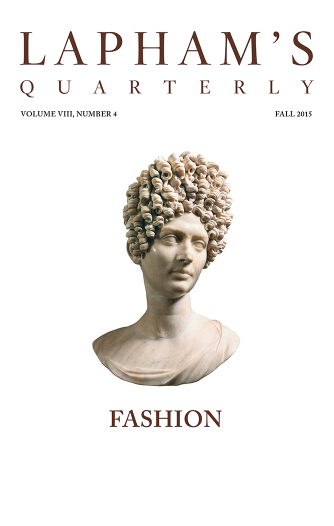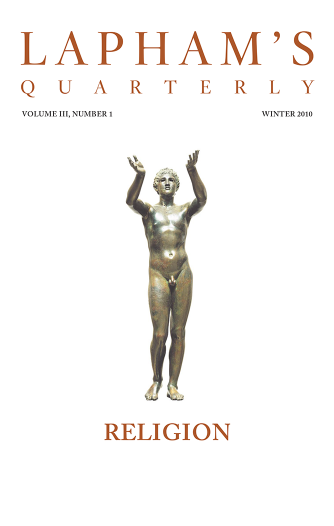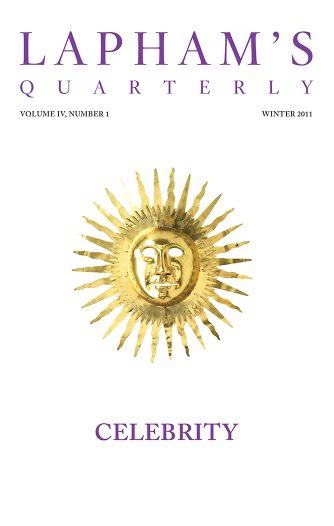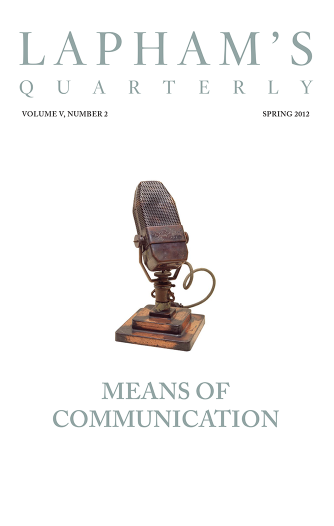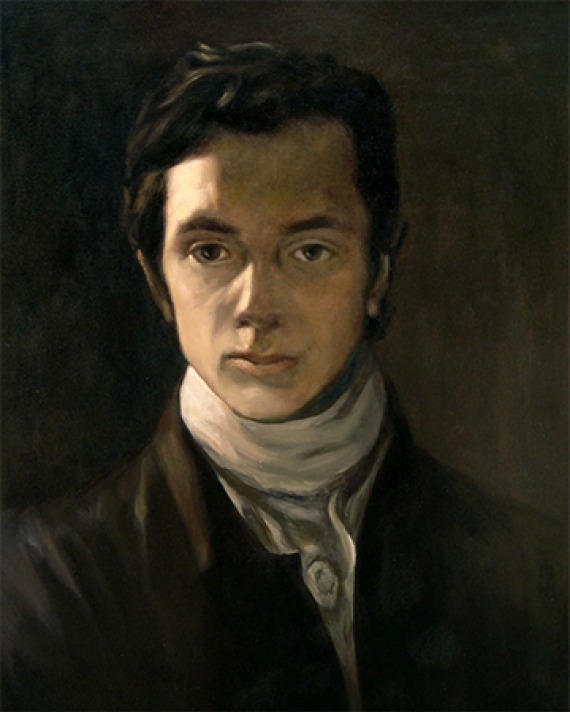
William Hazlitt
(1778 - 1830)
Having spent three years of his childhood in America, William Hazlitt around the age of eight observed to his father, “I think for my part that it would have been a great deal better if the white people had not found it out.” He tried his hand at painting, encouraged by Charles Lamb and William Wordsworth, but in 1805 he published his first book, On the Principles of Human Action. Over the next decade, Hazlitt established himself as an important essayist, writing on art, politics, and drama. Dying penniless after surviving two divorces, a ruinous love affair, and the scorn of friends, he reportedly chose for his last words, “Well, I’ve had a happy life.” Following his death, his landlady is said to have hid his body under the furniture while she tried to rent out his room.
